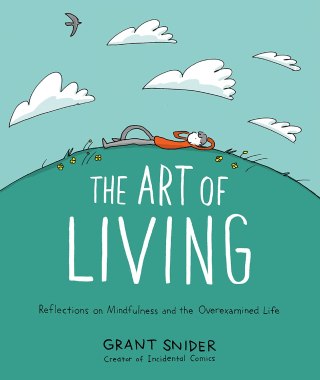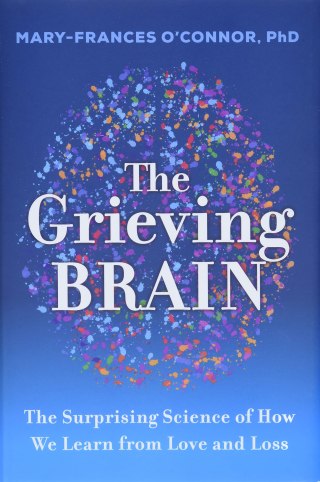Congenial environment, supportive and engaged faculty, large and pluralistic department.
Job placement of graduates 2011 and later:
48 total, 22 in permanent academic jobs, 11 in non-academic jobs (59% placement rate)
The program emphasizes providing graduate students with a rigorous general education in mainstream contemporary analytic philosophy and the history of Western philosophy (though not other philosophical traditions). The program is thus highly structured and involves many requirements. While some find these requirements to be onerous, I have generally found them to be valuable and intellectually enriching. Graduate students have many opportunities to teach their own courses as the instructor of record, and there is a strong community of graduate students who are interested in teaching and philosophy pedagogy. Between the philosophy department and the affiliated Parr Center for Ethics and PPE (Philosophy, Politics, and Economics) Program, there are an abundance of interesting events to attend.
5) University of North Carolina at Chapel Hill
My fellow graduate students were the best aspect of the program: I made some wonderful friends. It was not a competitive environment; I was able to do my work while maintaining a healthy, balanced lifestyle.
Having an underdog mentality, the department tries harder than many on placement. Consequently (mixing metaphors) it punches above its weight.
When I was there the most successful students were working on three topics: philosophy of science, ethics, and early modern philosophy. political philosophy did pretty well too. The other topics had good people, but success rates for their students were lower. But there has been a fair bit of faculty turnover since I was there, so it is hard to say much about how things stand now. But I can say that [Name removed] was amazing. [They] made sure we had an actual placement program that actually prepared people for the job market.
The faculty provided excellent training in normative and applied ethics. The program is closely affiliated with an ethics center that offered more resources and provided opportunities for interdisciplinary collaborations.
The faculty provided excellent training in normative and applied ethics. The program is closely affiliated with an ethics center that offered more resources and provided opportunities for interdisciplinary collaborations.
Keywords chosen by past graduates/current students:
Analytic, Applied, Bioethics/Medical Ethics, Continental, Epistemology, Ethics, Gender/Feminist, German, Interdisciplinary, Phenomenology, Pluralist, Political, Pragmatism
Warm, supportive, heterogenous, diverse
Other data from APDA is available here.
Job placement of graduates 2011 and later:
64 total, 35 in permanent academic jobs, 5 in non-academic jobs (59% placement rate)
Average program ratings by graduates 2011 and later or current students:
4.4 overall rating (somewhat likely to recommend)
4.5 teaching preparation (very satisfied);
4.1 research preparation (satisfied);
3.3 financial support (neutral);
4.2 program climate (satisfied)
Academic Placement Data and Analysis (APDA), which collects data about and produces a ranking of PhD programs in philosophy, has recently posted details about the top 30 programs on its ranking, including comments about the programs from the students.
Student Comments on Program Overall:
Faculty engaged and deeply committed. Friendly, inclusive student climate.
The details on all 30 programs in the top quartile of APDA’s rankings are here.
Community of graduate students; collegiality and availability of faculty; location; overall strength of university; broad strengths of the faculty; strong financial support
Good community of scholars. Strong professional support, e.g. on job market.
Strong mentoring by faculty, collegial environment among graduate students. Focus on both expert domain knowledge and breadth of philosophical training in coursework and per-dissertation seminars.
Rigorous. Pluralist. Respectful. Supportive. Caring.





